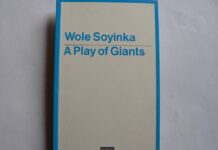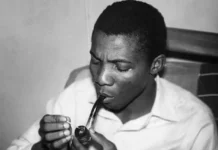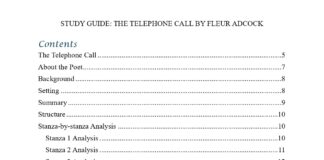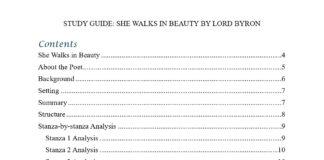Quality UTME Lessons for Art Students
Individual and group classes • Student-friendly rates
📞 Contact Ayomiposi on WhatsApp now
🎥 We’re cooking something delicious for you on our YouTube channel. In the coming days, you will learn SSCE literature texts like you're in class 📚✍🏽
Be part of this new journey we are about to embark on.
🔔 Subscribe Now
Ola Rotimi (1940–2001) was one of Africa’s most influential playwrights, renowned for fusing classical theatrical traditions with Nigerian history, language, and culture.
As one of the leading figures in post-independence African drama, Rotimi’s plays continue to shape the landscape of Nigerian theatre and literature.
His ability to blend Yoruba oral traditions, Ijaw and Igbo influences, historical events, and Western drama set him apart as a literary genius whose relevance continues today.
Early Life
Ola Rotimi was born in Sapele, Nigeria in 1940.
He came from a richly diverse background. His father was a Yoruba man and his mother was of Ijaw descent.
Growing up in Nigeria’s Mid-Western Region, an area marked by cultural plurality, Rotimi became fluent in Yoruba, Igbo, and Ijaw.
This multicultural background would influence his writing.
Education
Rotimi was among the first wave of Nigerian playwrights to receive formal training in the West.
He studied theatre arts at Boston University and later earned a degree in theatre direction from the prestigious Yale School of Drama, where he was mentored by Jack Landau, a prominent American director.
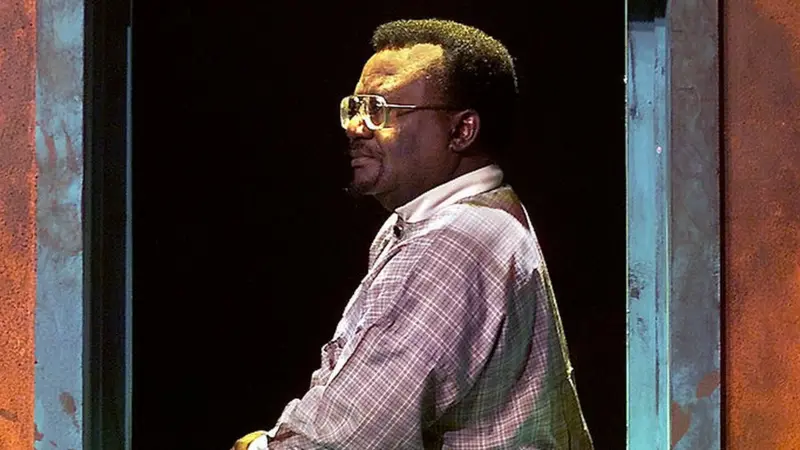
His time in the U.S. exposed him to Greek classical tragedy, Brechtian techniques, and the Theatre of the Absurd, all of which would leave a lasting impact on his dramatic style.
Ola Rotimi’s Plays
Ola Rotimi’s dramatic works fall into three major categories. Each category is a reflection of a different facet of his creative vision.
He leveraged on adaptation of classical Greek tragedy, historical tragedies based on Nigerian history, and satiric comedy.
1. Adaptations of Classical Greek Tragedy
In this category is The Gods Are Not to Blame (1971) wherein Rotimi masterfully reimagines Greek myth through African lenses.
The play is a Yoruba retelling of Sophocles’ Oedipus Rex, with King Odewale as the tragic hero. It is written in a style rich in proverbs and oral idioms.
The play explores themes of fate, destiny, and identity.
It premiered at the Ife Festival of Arts in 1968 and won first prize in drama. What’s more? It marked Rotimi’s emergence as a leading voice in African theatre.

2. Historical Tragedies Based on Nigerian History
Rotimi used historical events to craft compelling tragedies that highlight conflict, colonialism, and tradition.
His critically acclaimed play Kurunmi (1971) dramatises the power struggle over succession in the Yoruba kingdom of Oyo during the 19th century.

Meanwhile, Ovonramwen Nogbaisi (1974) portrays the fall of the Benin Kingdom following its invasion by British colonial forces in 1897. The play themes of betrayal, imperialism, and cultural pride.
3. Political Satire and Domestic Comedy
Rotimi’s lighter works, such as Our Husband Has Gone Mad Again (1974), achieved widespread popularity.
This satirical comedy centres on a former military officer who awkwardly transitions into politics, causing domestic chaos with his wives and family.
First performed at Yale, the play uses humour to critique postcolonial politics, gender relations, and the absurdities of leadership in emerging African democracies.
Later Works
As Nigeria faced growing political instability, Rotimi’s style evolved.
He turned to experimental forms inspired by the Theatre of the Absurd, evident in works like Holding Talks (1979) and Hopes of the Living Dead (1988).
These plays tackle the disillusionment of postcolonial Africa, with themes such as political dysfunction, human resilience, and existential struggle.
Legacy
Ola Rotimi’s commitment to cultural authenticity, language hybridity, and historical accuracy has earned him a lasting place in African literature.
His plays are performances deeply rooted in African oral traditions, dance, music, and ritual.
He was among the first to call for “total theatre”, a fusion of drama, music, movement, and storytelling.
In his lifetime, Rotimi also served as Director of the Nigerian National Theatre and taught drama at Obafemi Awolowo University (OAU), where he mentored several generations of Nigerian playwrights and theatre practitioners.
Death
Ola Rotimi passed away in 2001.
His plays are studied in schools and universities across Africa, and they continue to be performed on stages worldwide.
His fusion of African traditions with Western dramatic forms remains a benchmark for postcolonial literature and theatre.
Why Ola Rotimi Still Matters Today
- His plays address timeless themes like leadership, justice, identity, and the clash of tradition and modernity.
- He used theatre to challenge colonial legacies and explore African self-definition.
- His multilingual background and pan-African perspective make him a voice for cultural unity and diversity.
Receive Literary Updates through our Social Media Channels:
- WhatsApp: Literature PADI
- Telegram: Literature PADI
- YouTube: @literaturepadi
- Facebook: Literature PADI




